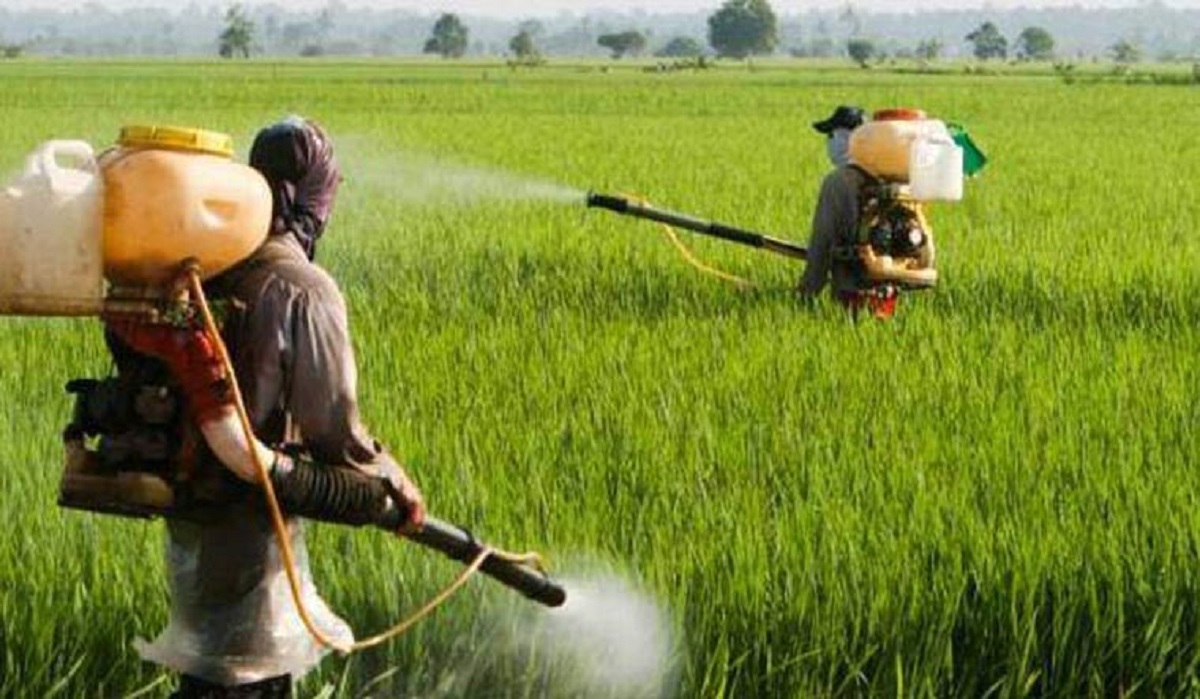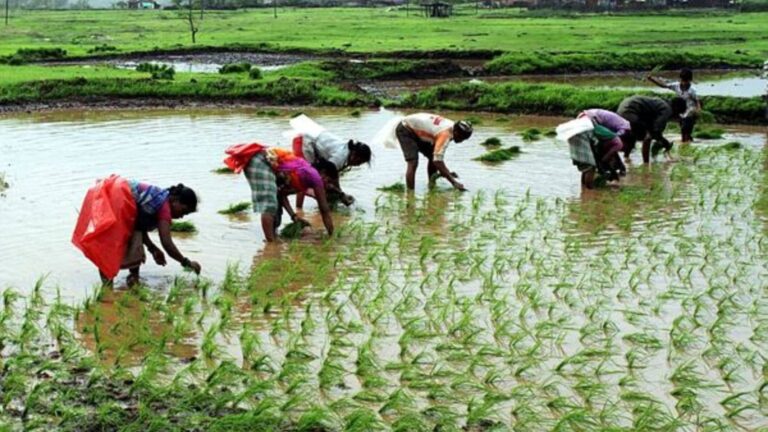
In the backdrop of losses from successive Kharif and Rabi crops, particularly maize and wheat, coupled with high diesel and electricity rates and skyrocketing compost prices, the farming community in Pakistan faces increasing disillusionment. As the new Shehbaz Sharif government prepares to present its first budget in the coming weeks, farmers are anxiously awaiting measures that might alleviate their plight.
Promises of Agricultural Uplift
After his election, Prime Minister Shehbaz Sharif highlighted plans to uplift the agriculture sector in his victory speech. These plans included a direct fertilizer subsidy for growers, a solar tube-well program for small farmers, and the import of quality seeds to eliminate local seed mafias exploiting farmers with poor-quality seeds. Additionally, in his first cabinet meeting, Sharif sought estimates from various ministries and formed a committee to develop five-year targets in sectors including agriculture.
Severe Trust Deficit Among Farmers
The government faces a severe trust deficit among farmers. Wajid Chattha, a progressive farmer from South Punjab, expressed skepticism about government promises. “How and why should we trust this government, which could not fulfill its promise of ensuring the minimum support price of Rs8,500 per 40kg for cotton? The government announced a minimum support price for wheat but did not procure even a single grain at that rate, leaving growers high and dry,” he lamented.
Potential Solutions and Future Directions
Despite the challenges, some hope lies in initiatives such as the Kisan card, which may help farmers secure seeds, compost, pesticides, and working capital. Chattha suggests creating a buffer fund for buying farm produce in case of a market crash. This fund, in coordination with the National Food Security Ministry and provincial food departments, would build crop storages and regulate middlemen.
Hanif Hanjra, a smallholder from Sargodha, emphasized the need for the government to enforce laws and policies governing the agriculture sector, particularly against compost and seed mafias. Hanjra highlighted the exorbitant prices of fertilizers and the poor quality of seeds sold by unscrupulous dealers, which have significantly harmed farmers.
Investment in Research and Development
A key aspect of the anticipated budget is a focus on agricultural research and development (R&D). Increased funding for R&D can foster innovation in crop varieties, pest control, and farming techniques. However, research institutes currently lack funds even to pay employees, hindering their ability to execute seed research projects. Hanjra pointed out that no new seed varieties have been developed since the 1960s, making existing crops more prone to diseases and less productive.
Strategic Focus Areas for Agriculture
Agriculturists believe that any strategy for the agriculture sector should focus on increasing farm and non-farm income in rural areas, creating employment opportunities, reducing risk through crop and livestock insurance, developing agri-infrastructure, and improving the quality of life in the countryside.
Aamer Hayat Bhandara, a progressive farmer from Pakpattan district, advocates for substantial investments in smart agriculture, modernizing storage facilities, improving transportation systems, and creating integrated supply chains to enhance efficiency and sustainability. These investments could significantly reduce post-harvest losses and ensure a more resilient and streamlined food supply chain.
Embracing Technological Advancements
Bhandara also calls for the introduction of track and traceability systems in the agricultural sector to reduce fraud and empower consumers with information about the origin and quality of produce. The deployment of Internet of Things (IoT) devices on farms can help collect real-time data on soil health, weather conditions, and crop growth. This data can enable farmers to make informed decisions, optimize resource utilization, and boost productivity.
As the farming community waits for the upcoming budget, it remains to be seen whether the new government will address these issues and restore the trust of farmers. The implementation of promised measures and innovative strategies could mark a significant step towards revitalizing Pakistan’s agriculture sector.






